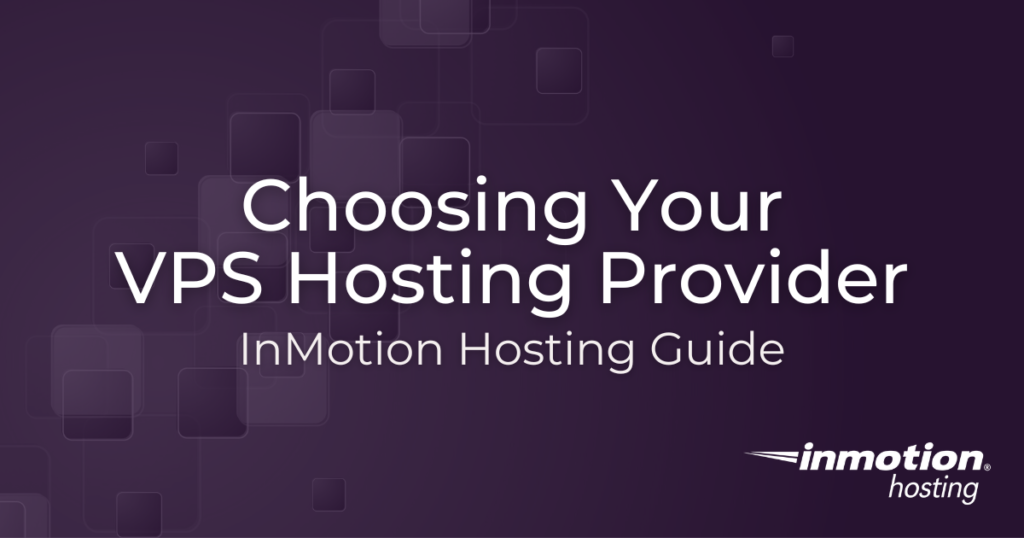
With new businesses emerging every day, and the amount of potential customers decreasing, it is more important than ever for your company’s website to stand out and attract visitors. A virtual private server (VPS) hosting provider can help you do just that by giving your customers the experience the except with fast load times, enhanced security, and minimal downtime.
It may seem difficult at first since there are so many things one needs when starting up. But don’t worry, we’re here to walk you through everything from setting up an account, picking a plan size/shape, and then show you how all these pieces come together seamlessly.
Why a Virtual Private Server (VPS)?
If you find yourself uncertain about the need for an upgrade, VPS serves as an excellent middle ground between shared hosting and dedicated servers. VPS Hosting offers dedicated resources, enhanced security, and greater control compared to other hosting options.
Signs of a Good VPS Hosting Provider
If you are serious about making the switch, then you will need to look at a few different features of the prospective VPS hosting provider before you make your decision. These include:
- High Server Uptime – Nobody wants a hosting service that is frequently down or offline. Many of the hosting providers out there will give you a guarantee of high-availability (HA). This is usually directly proportional to the amount you pay each month for the hosting service. If you pay for a 99.99% uptime guarantee, it will cost more than a 99.95% guarantee. Most importantly, you should not take anything less than that 99.95% guarantee. Any performance level below that is going to be too unstable for you to run a business on.
- Managed vs Unmanaged VPS – You will want to talk to the prospective provider about whether the VPS will be managed or unmanaged. While a managed VPS leaves you with less control, it requires the provider to maintain the server and update it with all patches and security upgrades as well as data backups. With an unmanaged server, most of that will be placed on your shoulders. If you are a person who is comfortable with technology, then you can take on this task. If not, then leave it to the experts.
- Server Security – Disaster recovery (DR) methods can’t be ignored. A graphical firewall enables you to quickly close ports and disable it for testing purposes. You want the ability to quickly create server snapshots which can be restored with much greater speed than a conventional backup. On managed VPSs, you should be able to easily install SSL certificates for your domains and other anti-malware solutions to protect your data.
- Cost – Cost is a critical factor when selecting a VPS hosting provider as it directly impacts budget, helps plan for future needs, and lets you compare options. Understanding the total cost helps avoid unexpected fees, consider renewal costs, and resource allocation based on your specific needs. Knowing the total cost prevents surprises and helps choose the best VPS hosting provider for what you need.
- Customer Support – Finally, you need to ask about what type of support options you will receive from the provider. If your provider doesn’t offer 24/7 customer service, then move on to another one.
- Content Considerations – Review the terms of service (ToS) if you create adult content. The price of not doing this beforehand can be painful: sudden account termination.
Linux VPS with InMotion Hosting
When it comes to VPS hosting providers, there are many factors to take into consideration when selecting the right one for you. The best hosting providers will have knowledgeable and friendly staff who are happy to answer your questions and resolve any issues you may be having. Remember, search engines, such as Google, prioritize well-performing websites as part of their ranking criteria. Here are a few reasons why InMotion VPS Hosting might be right for you:
- Performance – Our VPS plans consistently provide top-notch performance, offering reliable server speeds and minimal downtime. This ensures a seamless experience for your website visitors, contributing to the overall reliability and efficiency of your online presence.
- Customer Support – InMotion Hosting is renowned for its excellent customer support, offering 24/7 assistance via various channels. Our knowledgeable and responsive support team is ready to help with any issues or questions.
- Feature-Rich Plans – Our feature-rich VPS hosting plans cater to your diverse business needs. With a range of resources, tools, and customizable options, you can tailor your hosting to suit your specific requirements.
Now that you know a little more about what to look for in a VPS provider, it’s time to make your decision. Remember, our team is available 24/7 to answer any questions and help you get started. With servers located all over the world, we have a solution that will fit your needs. Don’t hesitate to reach out!